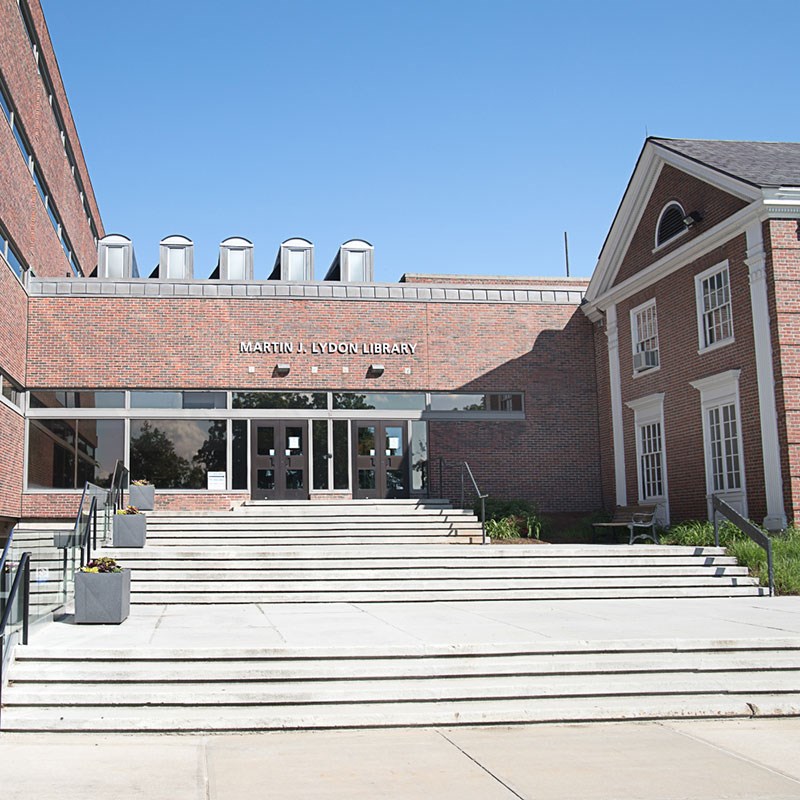Lowell, Massachusetts, AKA Spindle City on the Merrimack River

Few cities on the planet that have its geometrical size could boast, today, of having a documented history more complete and detailed than that of Lowell, Massachusetts. The City Fathers and Mothers plus efforts emanating from the staff of reporters at the Lowell Sun can take full credit for this happy circumstance. In addition, our hats are also tipped to the University of Massachusetts Center for Lowell History for the rich details relating to life in the city since 1830.
In contrast, the pages included in this less academic website refer to the day-to-day activities of common, ordinary people, rich and poor, Yankees and immigrants, who survived the rollercoaster ride of the city’s industrial enterprises and yet made a life for themselves and their families through hard labor, grim determination and a deep faith that tomorrow would surely not be as difficult as the days before. There was a ghetto flavor to this mass of humanity.
Blind faith in a benign and generous Deity from the Old and New Testaments seems to have been the expected character trait that made all human progress and earthly happiness possible. This trait was amply and regularly nurtured on Sundays for both Protestants and Catholics plus during Saturday services at a local Jewish temple or two.
During the first decades of the 20th century, the many immigrant groups were working, usually, at a very modest hourly rate, and all individuals were vying for the few available textile factory jobs. This situation often promoted ethnic hostilities between certain groups. More later on this tantalizing topic.
However, these same immigrants could also seek openings in the local shoe manufacturing and railroad industries. A lucky few could even develop a skill in the machine tool industry, which might, then, offer them a chance at job mobility. But, opportunities were quite limited.
For my own generation starting during the final days of the Great Depression, ethnic rivalries were more a feature of the past, at least, for most younger people of all varieties.
However, old grudges seem to cling to the soul like a mouse to a chunk of cheese. Between certain people from the old school of thinking, some past misunderstanding or behavioral attitudes could never be overcome. As an interested bystander, I found this part of human behavior both amusing and also troubling.
UML
